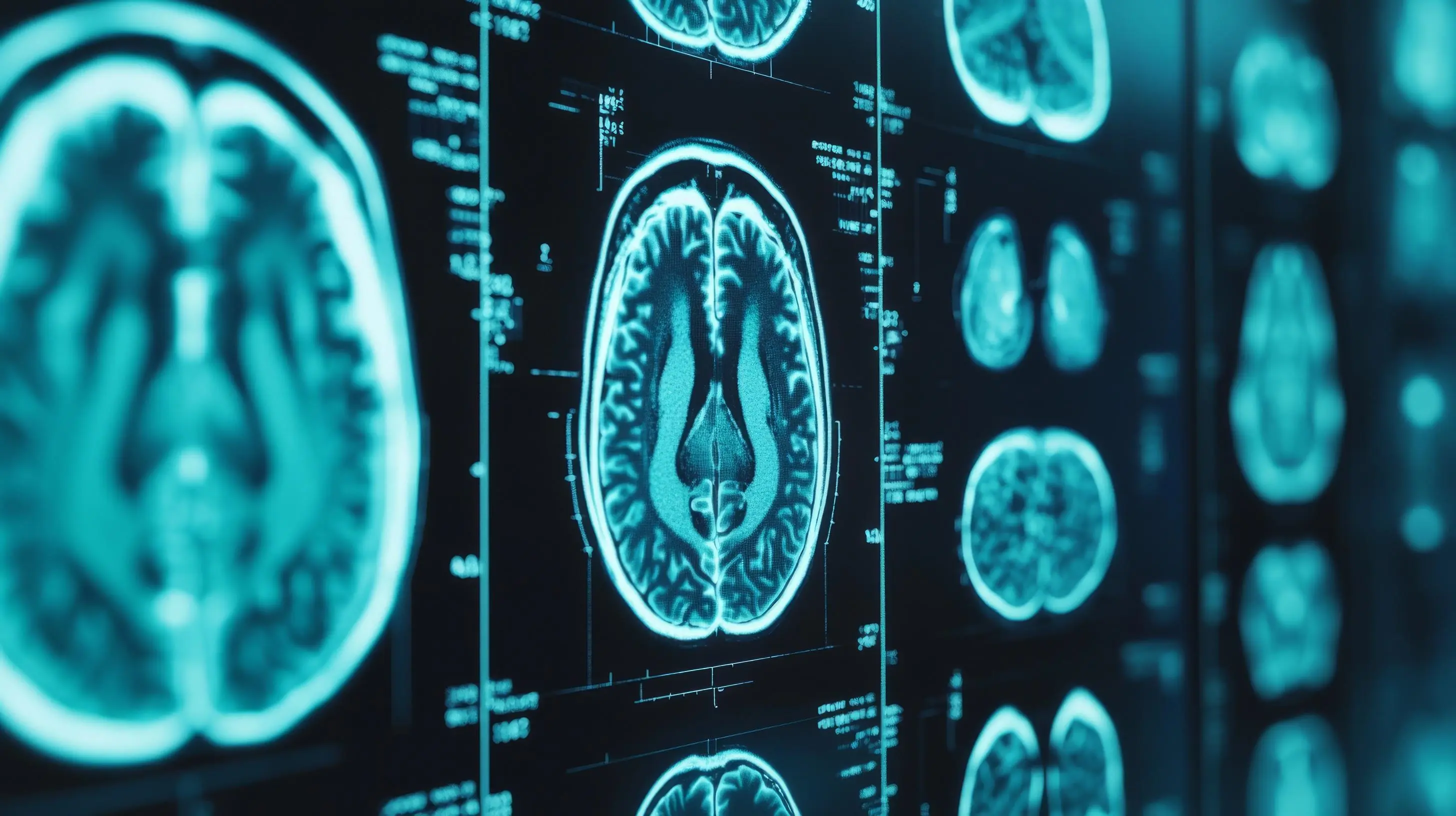A systematic review of research spanning 34 years has found a biological link between two common neurological conditions that can potentially save the NHS millions by streamlining treatments that currently cost the NHS around £2 billion a year.
The study, published in the journal BMJ Neurology Open and led by the University of Lancashire in partnership with other UK organisations, is the first comprehensive synthesis of Functional Neurological Disorder (FND) and Chronic Pain (CP) patients using a variety of scanning techniques** to identify shared brain abnormalities in both FND and CP.
FND is one of the most common yet under-recognised conditions in modern neurology, with research showing that 9% of NHS neurology inpatients and around 16% of outpatients are diagnosed with FND each year. Similarly, studies show that between one-third and one-half of UK adults live with chronic pain and around 14% of the population — about eight million people — report pain severe enough to interfere with daily life.
By recognising FND and chronic pain as deeply intertwined both clinically and neurobiologically, we can better meet patients’ needs, reduce costs, and improve lives.– Dr Abhijit Das, an Honorary Associate Professor at the University of Lancashire
By analysing available data from 2,525 FND and CP global patient studies that took place between 1990 and 2024 and are published in English, the researchers discovered shared common mechanisms involving brain networks used for cognitive and emotional processing –
- Default mode network, which is active when resting,
- Sensorimotor network, used when detecting and integrating emotional and sensory information,
- Salience network, which works like a switchboard in the brain to detect important information and direct resources to it.
By identifying a hidden overlap between the two conditions, it opens the door to shared treatment and integrated therapeutic approaches, such as neuromodulation, neurofeedback, or even clinical hypnosis, that target both conditions simultaneously.
Dr Abhijit Das, an Honorary Associate Professor at the University of Lancashire and Consultant Neurologist at Lancashire Teaching Hospitals NHS Foundation Trust (LTHTR), led the study.
“Collectively, the two conditions cost the NHS around £2 billion a year to treat and that’s before adding on other factors such as sick leave, disability costs and other economic implications,” he said.
Collectively, the two conditions cost the NHS around £2 billion a year to treat and that’s before adding on other factors such as sick leave, disability costs and other economic implications.– Dr Abhijit Das, an Honorary Associate Professor at the University of Lancashire
“These finding present a practical roadmap for better care. By recognising FND and chronic pain as deeply intertwined both clinically and neurobiologically, we can better meet patients’ needs, reduce costs, and improve lives.”
A recent study*** included in the systematic review found that over 55% of FND patients also suffer from chronic pain, and that about 20% of chronic pain patients may actually have an undiagnosed FND contributing to their symptoms. In other words, many people currently treated solely for chronic pain might, in fact, have a neurological condition that requires a different approach.
“This overlap explains why some chronic pain patients do not respond to standard pain treatments as their symptoms may be rooted in FND, which needs tailored, multidisciplinary care,” said Dr Das.
“It also highlights the importance of early diagnosis and joined-up clinical pathways. Pain specialists are increasingly encouraged to look for signs of FND in their patients. Likewise, neurologists treating FND should screen for related chronic pain conditions such as fibromyalgia, irritable bowel syndrome, and complex regional pain syndrome, which are commonly seen in this population.”
This overlap explains why some chronic pain patients do not respond to standard pain treatments as their symptoms may be rooted in FND, which needs tailored, multidisciplinary care.– Dr Abhijit Das, an Honorary Associate Professor at the University of Lancashire
Following on from the research, Dr Das and his team are helping to develop NHS guidelines for medical and health care practitioners treating CP and FND that will be available within the next few years.
Dr Das added: “Better awareness of the FND–chronic pain connection is not just good clinical practice; it’s an economic imperative. Without coordinated diagnosis and management, both conditions drive up avoidable healthcare costs and prolong patient suffering. But when recognised and treated together, outcomes improve and costs fall.”
Shared neural signatures in Functional Neurological Disorder and Chronic Pain: a multimodal narrative review, is published in the peer-reviewed journal BMJ Neurology Open.
Led by the University of Lancashire, research teams from LTHTR, Lancaster University, the University of Leeds, the University of Manchester and the Manchester Centre for Clinical Neurosciences have been involved in the project.
**The results are organised by electrophysiological and neuroimaging modality, and each subsection highlights key findings from EEG, MEG, fMRI, PET and SPECT studies.
*** A comprehensive 2024 study by Steinrücke et al.
